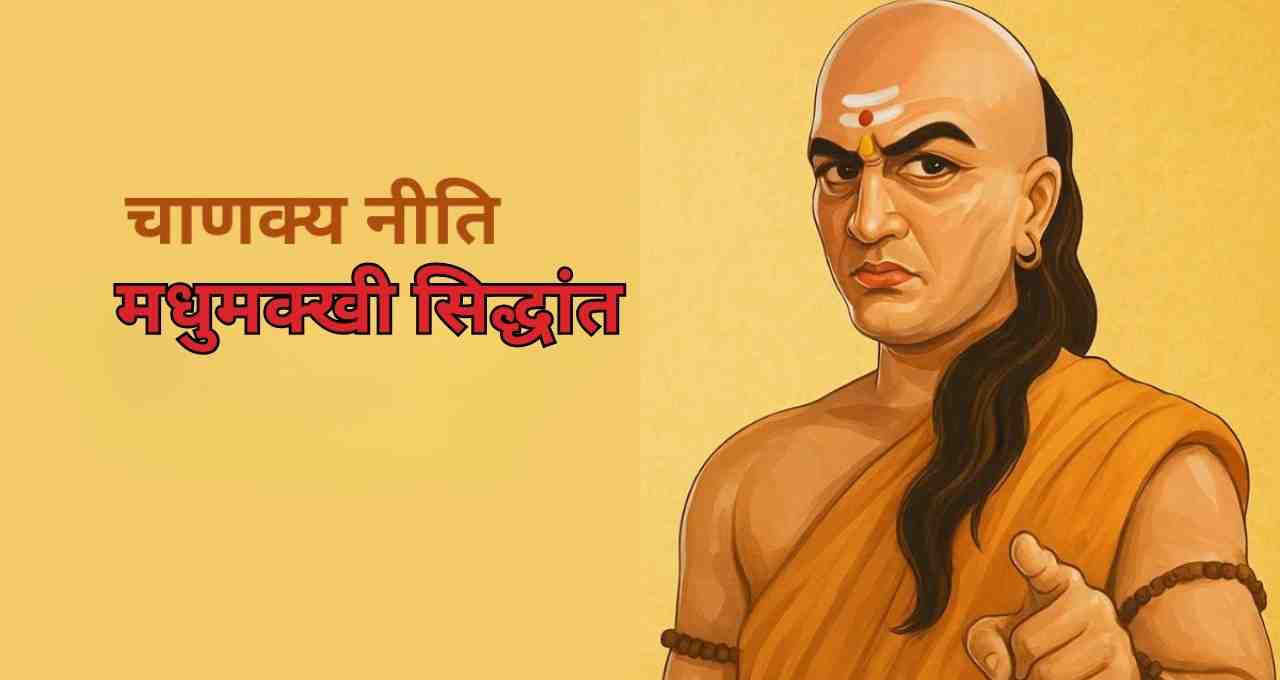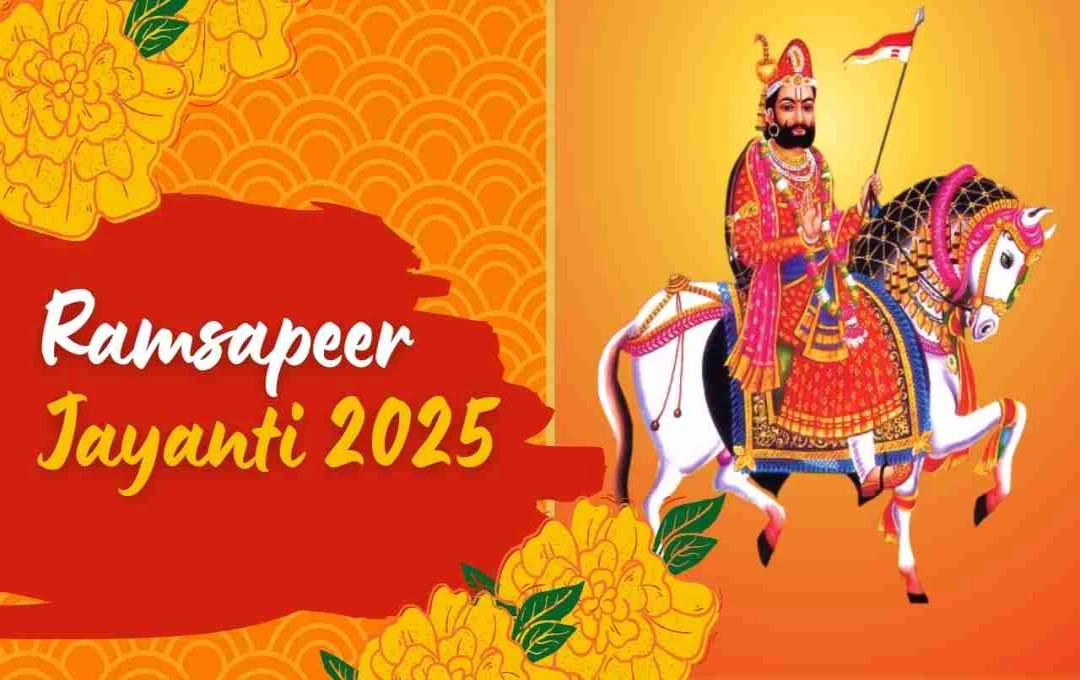The history of the tax system in India is linked to ancient times, and its original objective was not to burden the populace. The tax policy described in Chanakya's ‘Arthashastra’ remains relevant even today, ensuring fair and balanced taxation. Modern governments are also endeavoring to reduce the tax burden on the common man, farmers, and small entrepreneurs by adopting these principles.
Chanakya Tax Policy: The history of the tax system in India is centuries old, and its objective has always been the welfare of the people. The great ancient Indian economist Chanakya described a tax policy in his book ‘Arthashastra’ where taxes would not burden the public. In modern India, the central government recently provided relief in income tax and made changes to GST rates, offering economic relief to the common man, farmers, and small entrepreneurs. This policy not only makes the tax system fair but also maintains social and economic balance.
Tax System Should Not Be a Burden
Chanakya believed that taxes should never become a burden on the people. The tax system should be such that the public can easily pay it and still meet their basic needs. He explained that sudden or excessive increases in taxes could generate dissatisfaction and a spirit of rebellion among the populace. Therefore, taxes should be increased gradually and in a phased manner. This principle can still be observed in the tax reforms implemented by governments today. The recent income tax relief and reduction in GST rates on essential commodities are proof that modern governments are also adopting a policy of reducing the burden on the public.
The Bee Principle and Fair Taxation

To explain his tax policy, Chanakya used the analogy of a bee. Just as a bee extracts only enough nectar from a flower so as not to harm it, similarly, a king should collect only that much tax from the public which does not affect their livelihood. This principle laid the foundation for today's fair and balanced taxation, where the tax system not only fills the treasury but also works in the interest of the public.
Welfare of the People is Paramount
According to Chanakya, the ultimate goal of any state should be the welfare of its people. Tax collection should not be merely for filling the treasury but should be used for the public's benefit. These funds should be utilized for constructing roads, education, healthcare services, and other public amenities. This approach not only enables the balanced development of society but also secures the livelihood and prosperity of the common man.
Chanakya's ancient tax policy remains relevant today, and by adopting it in modern tax reforms, governments are striving to maintain economic balance and reduce the burden on the populace.















